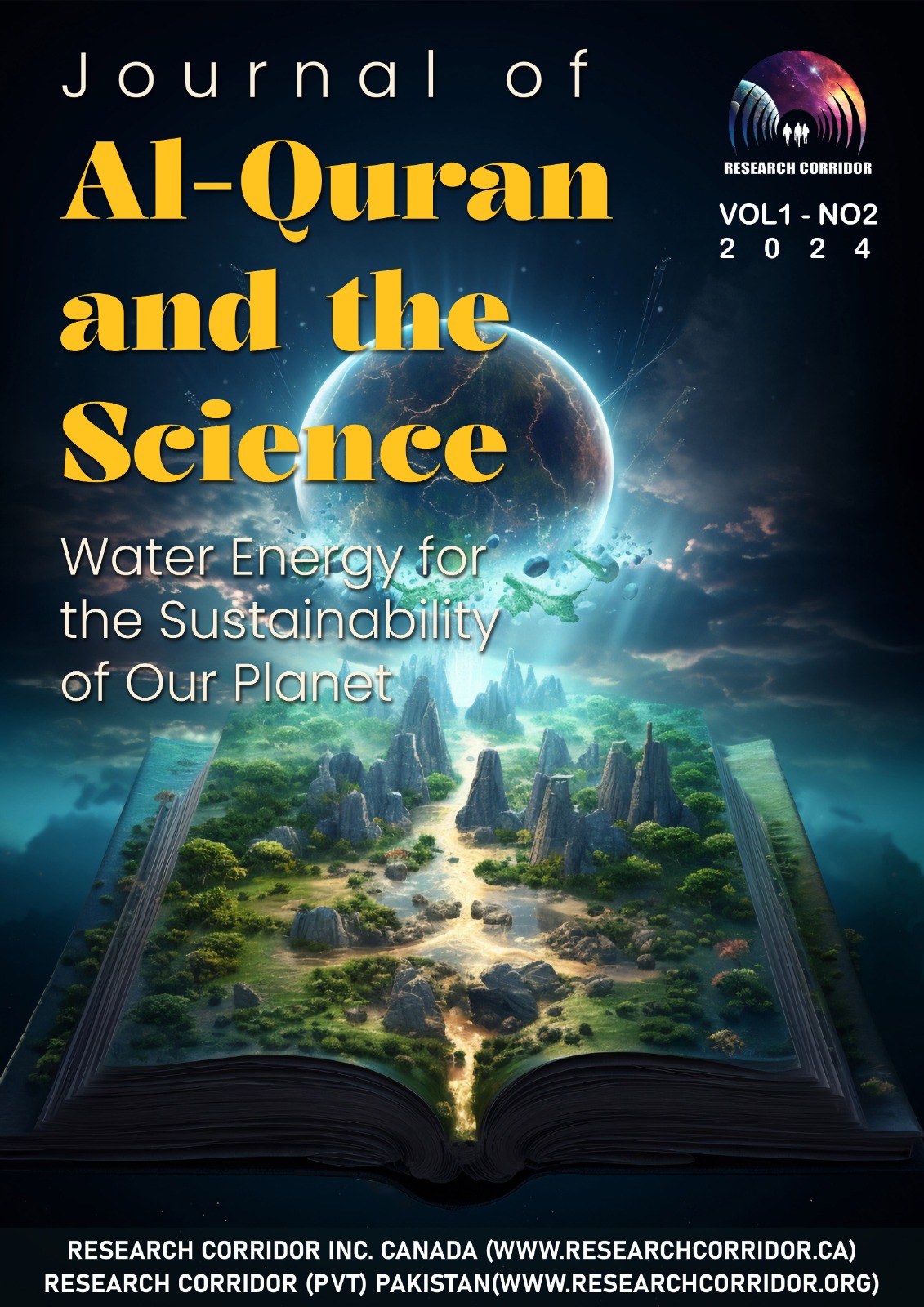Humanity as Khalifa: Stewardship of the Cosmos in Islamic Thought
Keywords:
Khilafah, Islamic stewardship, environmental ethics, sustainability, Quranic cosmology, ethical governance, social justice, Islamic philosophy, planetary responsibility, eco-theology.Abstract
The concept of Khilafah (stewardship) in Islamic thought emphasizes humanity’s divine responsibility to act as caretakers of the Earth and the broader cosmos. Rooted in the Qur’anic framework, the role of humans as Khalifa (vicegerents) signifies a moral and ethical duty to maintain balance (mizan), justice (adl), and sustainability in creation. This study explores the theological, philosophical, and environmental dimensions of Khilafah, examining how Islamic teachings advocate for a harmonious relationship between humanity and the natural world. Classical scholars such as Al-Ghazali and Ibn Khaldun emphasized the interconnectedness of creation, urging ethical governance, social justice, and ecological preservation as central to fulfilling the role of Khalifa. Contemporary Islamic discourse integrates these principles with modern environmental ethics, advocating for sustainable development, conservation, and ethical technology use.





